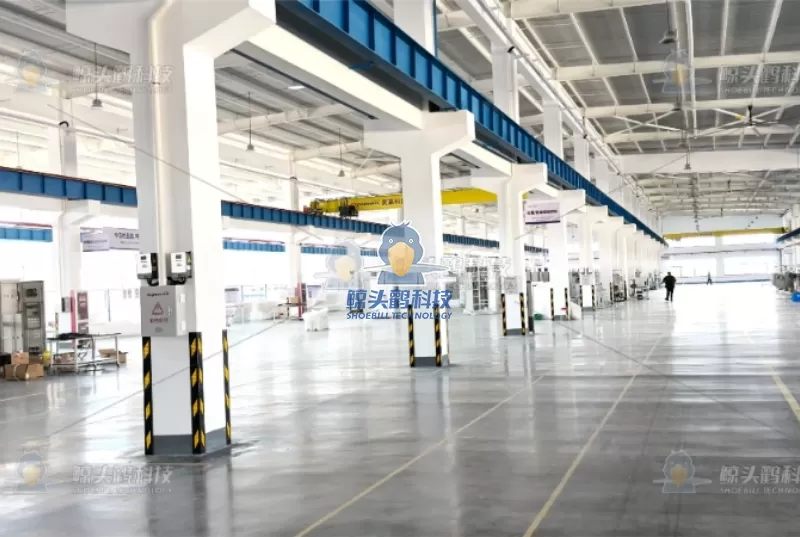Choosing the right cement for your walls is crucial to ensure their durability, strength, and overall aesthetic appeal. With a plethora of options available in the market, it can be overwhelming to determine which cement is best suited for your specific needs. In this comprehensive guide, we will delve into the key factors to consider when selecting cement for walls and explore the top contenders that meet the highest standards of quality and performance.
- Understanding the Role of Cement in Wall Construction:
Before delving into the types of cement suitable for walls, it is essential to grasp the fundamental role of cement in wall construction. Cement acts as a binding agent, holding together the various components of a wall, such as bricks, blocks, or stones. It provides strength, stability, and resistance to environmental factors, making it a crucial component in any wall construction project. - Factors to Consider When Choosing Cement for Walls:
a) Strength and Durability: The strength and durability of cement are vital considerations for long-lasting walls. Look for cement with high compressive strength and low permeability to ensure resistance against external forces, such as weathering and structural stress.
b) Setting Time: Depending on the project requirements, the setting time of cement can be a crucial factor. Rapid-setting cement is ideal for time-sensitive projects, while slower-setting cement allows for better workability and adjustments.
c) Adhesion: Opt for cement that exhibits excellent adhesion properties, ensuring a strong bond between the cement and the wall materials. This enhances the overall structural integrity of the walls.
d) Aesthetic Appeal: If aesthetics are a priority, consider cement that offers a smooth finish or can be easily textured or colored to match your desired design. - Types of Cement Suitable for Walls:
a) Portland Cement: Widely regarded as the most common and versatile cement, Portland cement is an excellent choice for various wall applications. It offers high strength, durability, and workability, making it suitable for both load-bearing and non-load-bearing walls.
b) White Cement: If you desire walls with a pristine, clean appearance, white cement is an excellent option. It is commonly used for decorative purposes and can be pigmented to achieve a wide range of colors.
c) Rapid-Hardening Cement: When time is of the essence, rapid-hardening cement is an ideal choice. It gains strength quickly, allowing for faster construction and reduced project timelines.
d) Blended Cement: Blended cement combines Portland cement with supplementary cementitious materials, such as fly ash or slag. This type of cement offers enhanced durability, reduced environmental impact, and improved workability. - Best Practices for Using Cement in Wall Construction:
a) Proper Mixing: Follow the manufacturer's guidelines for the correct water-to-cement ratio and mixing time to ensure optimal strength and workability.
b) Adequate Curing: Proper curing is essential for the development of cement's strength and durability. Protect the walls from excessive moisture loss and maintain a favorable curing environment.
c) Professional Application: Engaging skilled professionals for the application of cement ensures precision, adherence to industry standards, and minimizes the risk of structural issues.
Conclusion:
Selecting the right cement for your walls is a critical decision that significantly impacts the longevity and performance of your construction project. By considering factors such as strength, durability, setting time, adhesion, and aesthetic appeal, you can make an informed choice. Whether you opt for Portland cement, white cement, rapid-hardening cement, or blended cement, ensure proper mixing, curing, and professional application for optimal results. Remember, investing in high-quality cement is an investment in the long-term integrity and beauty of your walls.



More Stories
彩色裝飾建築膜:重塑香港家居與建築美學的新選擇
10 Creative Ways to Organize Your Space with Removable Wire Baskets
Maximizing Space with Attic Shelves